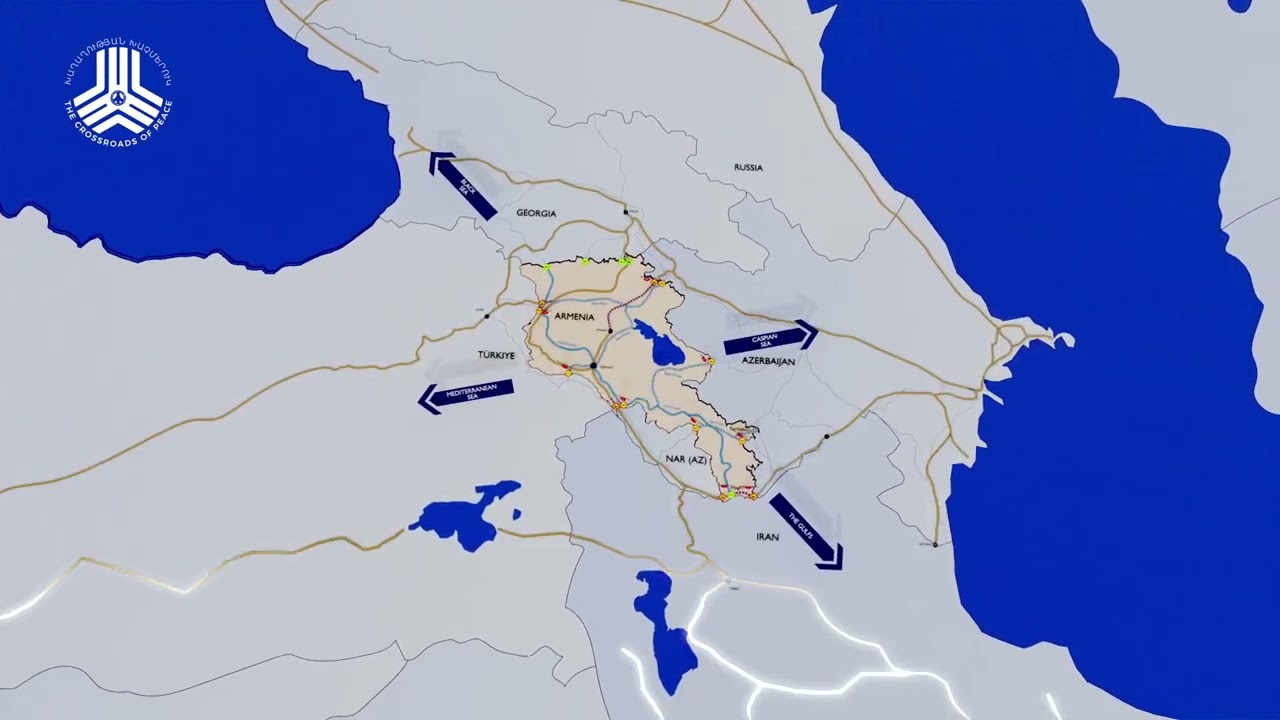Armenia Sets Clear Terms for Communication Corridor Unblocking with Respect for Sovereignty

Armenia Reaffirms Stance: Communication Unblocking Only with Full Respect for National Integrity
Clear Parameters Set for Regional Talks
Recent clarifications from official Armenian sources underscore the country's unwavering position regarding ongoing discussions in the South Caucasus. Ensuring unequivocal communication, Armenia’s leadership emphasized that all negotiations—past, present, and future—categorically center on the full preservation of sovereignty, territorial integrity, and legal jurisdiction. This clarity comes amidst heightened international focus on regional connectivity, trade, and the post-conflict environment shaping both Armenia and its neighbors.
A top-level statement outlined that at no stage—whether recent bilateral talks, multilateral meetings, or high-profile summits—has Yerevan entertained propositions using terminology or rationale rooted in alternative naming or frameworks presented by other regional leaders. The message was precise: concepts or language introduced externally do not factor into the official Armenian agenda now or going forward. This stance seeks to solidify national interests above transient diplomatic formulas.
These parameters serve as both a guideline and a boundary. Armenian officials have articulated that any progress on opening transport or communication corridors will proceed strictly within a framework that is reciprocal and mutually respectful of all nation-states involved. The aim is to avoid ambiguity and ensure that cross-border projects are not misinterpreted as concessions on core sovereign principles.
Unblocking Communications: Principles and Context
The region’s complex geography makes enhanced connectivity a critical objective, as regional powers seek to transform post-conflict realities into lasting economic and social opportunities. Armenian leadership consistently highlights that advancing trade, transit, and international communication depends on steadfast adherence to international norms that recognize every state’s independent status. In practice, this translates to transport initiatives and infrastructure projects only moving forward when all parties' autonomy and borders are unambiguously honored.
Statements from national officials directly address the mechanics of these processes, stating there has never been, nor will there be, deliberation involving alternative logic or models outside the agreed multilateral norms. Whether in the context of time-sensitive talks in Abu Dhabi or broader diplomatic engagement, Yerevan’s message is unchanged: communication and transport links must serve to connect, not to undermine established territorial demarcations or legal competencies.
This approach finds resonance in the broader international dialogue on post-war development, where equity, legitimacy, and mutual benefit remain pressing themes. By foregrounding principles over expediency, Armenian negotiators hope to foster an environment where reciprocal respect becomes the foundation for regional integration and peacebuilding.
National Priorities and Global Visibility
Against the backdrop of landmark diplomatic milestones, such as regional agreements and border monitoring deployments, Armenia is also committed to transparency with its public and the global community. The articulation of red lines regarding negotiations is intended not only to guide immediate diplomatic interaction but also to project a long-term vision of coexistence grounded in legal and ethical standards.
Strategic communications from the Armenian government stress that discussions pertaining to infrastructure, border access, and cross-country transport never depart from the anchor points of sovereignty and territorial unity. These communications are echoed in press briefings and official statements meant to dispel misperceptions, prevent rumor proliferation, and provide a credible account of the processes underway.
By consistently highlighting the necessity of mutual respect and balanced solutions, Yerevan seeks to chart a path for constructive engagement without compromising on the essentials of national integrity. The continuous reinforcement of this message not only addresses the concerns of domestic constituents but also reassures international observers monitoring the delicate balance in the South Caucasus.
Conclusion: A Path Defined by Principles
In the current climate of regional transformation, Armenia’s steady articulation of its negotiating position establishes clear expectations for all stakeholders involved. As trade corridors and infrastructure projects are weighed against geopolitical imperatives, the insistence on reciprocal arrangements and legally recognized sovereignty remains immovable.
Official clarifications serve as both a shield and a signpost, protecting Armenia’s interests while outlining a transparent roadmap for engagement. This methodical communication strategy is not only a key component of national policy but also an essential facet of maintaining peace and cooperation in a region marked by historical complexity and evolving challenges.
